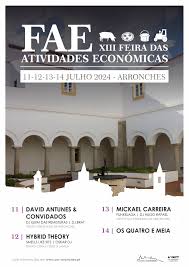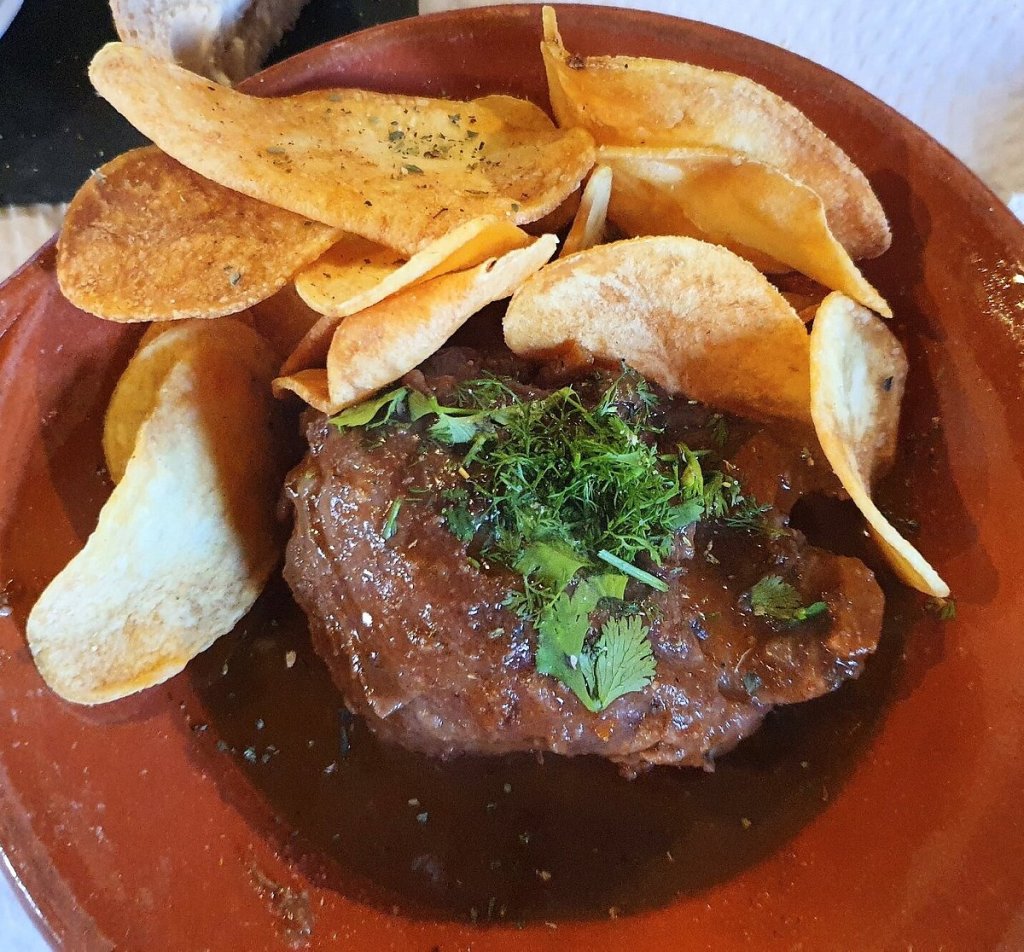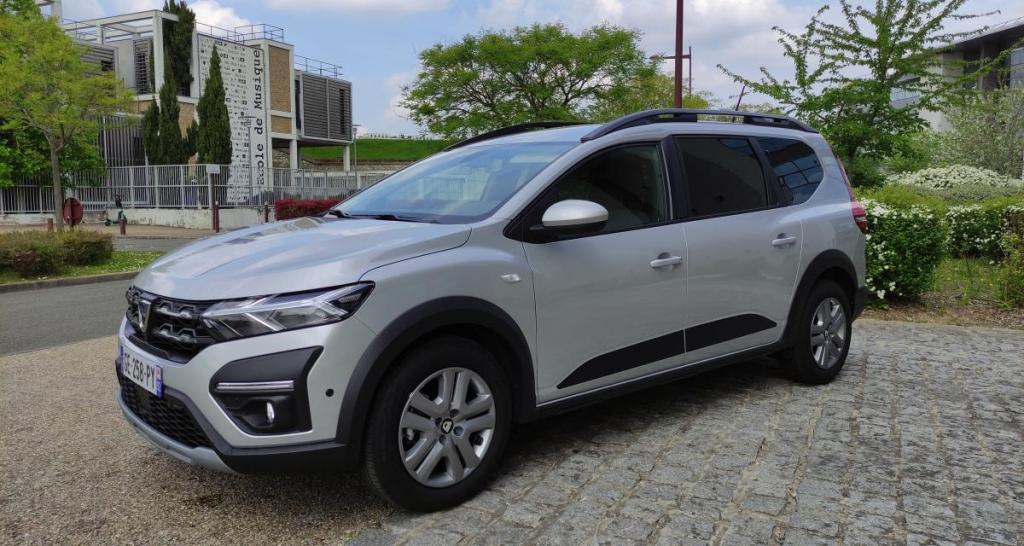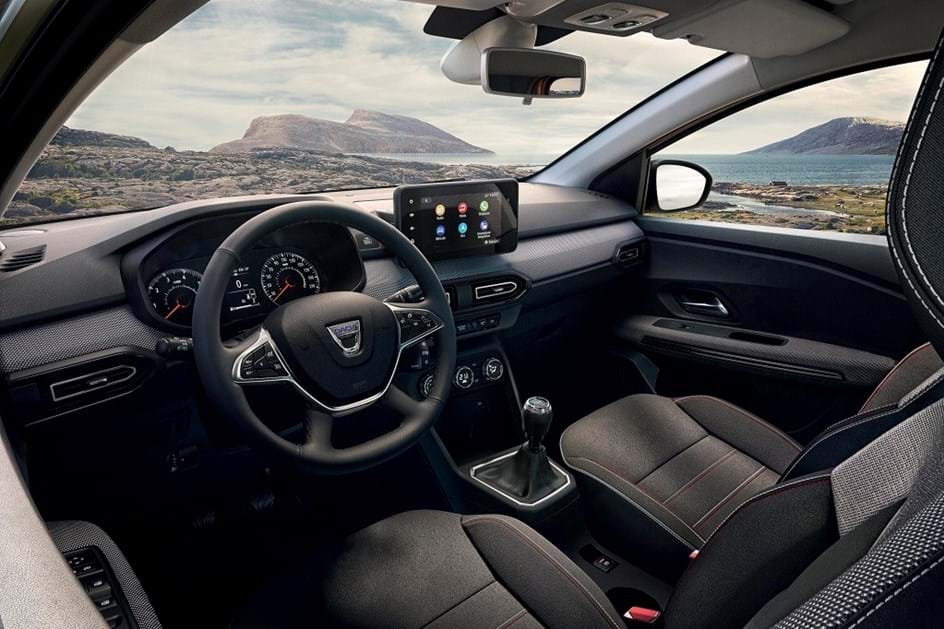
Back in the day parents, teachers, and caretakers would warn or advise their kinfolk (typically children) to “use your inside voice” when they were becoming too loud.
Even outside.
Described as a modulated, relatively calm voice considered polite and socially appropriate when speaking indoors (at home, in school, or at the office), an inside voice is opposed to an outside voice: the latter a strong, elevated voice considered acceptable when speaking outdoors to be heard above a crowd or other background sounds.
Inside or out, an inside voice means that you’re thinking about the eardrums of others and that you know how to communicate without hollering.
Such is not the case in Spain.
Spain is loud.
People — especially women — tend to use their outdoor voices everywhere and all the time. Especially in the streets and right outside their front doors. That’s where they socialize. The streets are their living rooms, reception areas to interact and communicate.
Perhaps that’s because, for the most part, houses in Spain (and Portugal) were built with spaces too small to accommodate gatherings and inside voices. So people, their families, and neighbors congregate in the street, speaking up without realizing how loud is their talk.
My grandmother looked down on the street (although she also disapproved of jeans and bell bottoms, popular at the time). She came from money, married into more, and lived in a 12-room apartment on the fourth floor of Madrid’s prestigious Salamanca barrio (neighborhood). There was plenty of room for guests to gather in one of her several sitting rooms. “Sólo los Fulanos de tal se quedan por las calles” (Only nondescripts stay out on the streets), she would say.
Of course, those were the days of Francisco Franco, “caudillo de España por la gracia de Dios” (leader of Spain by the grace of God), according to the coins, when one never used outside voices while walking the streets patrolled by stern faced guardia civil with firearms.
So, maybe using outside voices is a social thing learned from childhood: to be heard over one’s male siblings and family members, girls tend to lift up their voices. It could be, too, that screaming and screeching are learned and reinforced on unsupervised toddlers when they’re ignored rather than disciplined for running amok and yelling at the top of their lungs in supermarkets and other public places, where inside voices are expected.
Spain is loud, a country of outside voices and sounds.
Facing us on the same street is a family comprising a middle-aged woman, her elderly mother, a twenty-something young man without work and living at home, and two very young grandchildren. A husband appears periodically. From early morning until what we consider late at night (10:00 pm), they are in their doorway using loud, outside voices.
And it’s not only them.
Some women, especially, terrify our dogs with their loud, high-pitched voices. Men, too, project their bass and baritone tenors decibels beyond normal hearing levels. Sometimes, we’re not certain whether they’re having a heated argument or just an everyday discussion … so we mind our business and don’t get involved. Due to the often industrial nature of their workplaces, men can be heard using outside voices inside.
Why do the Spanish shout when talking?
Sometimes, people may shout to be heard. This is not necessarily rude but indicates full engagement with the discussion. One often hears Spaniards call out and even heckle during speaking engagements and performances. This is expected to be taken in jest.
“I live in Madrid and share a flat with a few Spaniards,” says Sofía. “It depends on the crowd, to be honest, but I found that Spanish girls in particular tend to get pretty loud, even for me (Italian f). I used to live in Germany before moving to Spain and I am not surprised to find the difference in decibels a bit jarring.”
Nuno, a Spaniard, responds: “We love being loud. Loud means friends. Loud means fun. Loud means interesting. Loud means fiesta. There’s nothing worse than a silent bar.”
Spain is a loud country.
The bread man leans too long on his horn during his morning runs up and down the streets. Machismo throttling of motorcycles going the wrong way on one-way streets is deafening, as if the whine of the loudest motors denotes riders with the biggest cojones (or vice-versa). The vendors at the outdoor market bark as part of their sales routine. Even the rumbling of cars with diesel engines momentarily stopped albeit beating and belching — along with their fumes — are enough to disturb the peace. Heck, there’s even slang in Spanish (ruidoso/a) or (escandaloso/a) to describe the noise. Language textbooks make note of Spain’s noise:
• Mike didn’t like going to the city because it was always so noisy.
A Miguel no le gustaba ir al centro porque siempre era muy ruidosa.
• María was happy when school started because the noisy children were gone for a while.
María estaba contenta cuando empezaron las clases porque los niños ruidosos se irían por un rato.
Excessive noise seriously harms human health and interferes with people’s daily activities at school, at work, at home and during leisure time. It can disturb sleep, cause cardiovascular and psychophysiological effects, reduce performance, and provoke annoyance responses and changes in social behavior. According to research by the American College of Cardiology, noise pollution is linked to an increase in cardiovascular problems. The stress of constant noise results in the more frequent release of cortisol — the infamous stress hormone — which damages blood vessels.
Noise has emerged as a leading environmental nuisance in the WHO European Region, and the public complains about excessive noise more and more often.
The noise levels in Spain are generally a little higher than one might find in other countries. In fact, according to the World Health Organization (WHO), the only country higher on the decibel tables worldwide is Japan.
No matter where or when, Spain is loud.
“It doesn’t matter what time it is, or what type of environment. I have been having breakfast at 8:00 am in a restaurant with Brits and Swedes and there is conversation. I can make out every word they say from across the room … until one Spanish family arrives,” shares a Brit. “They arrive at the table with their speaker phones on because, apparently, they think I need to hear both sides of their loud conversation. And they ignore their children to the point that the kids are screaming for attention. When they do decide to acknowledge the kids, they scream even louder.”
Attempting to sound a bit more diplomatic, I’ve often said that the Portuguese evidence more soul, while the Spaniards are more spirited.
Nonetheless, much as I have been tempted to (nicely) ask a Spaniard to speak more softly, I remind myself that I am an expat for a time in their country. I have no right to intrude on their culture … or communication modus operandi, for that matter.
Yet, even foreigners are entitled to a fair share of accommodation and hospitality …
Last night, I was awakened after midnight by the voices of a man, his young son, and their dog cavorting in the street in front of our house. The ruckus continued for more than half an hour, awakening my dogs who began barking. Finally, I went to the window and said, “Es medianoche. Cállense, por favor” (It’s midnight. Please be quiet.).
And, no, I didn’t use my inside voice.
Bruce Joffe is publisher and creative director of Portugal Living Magazine.



















